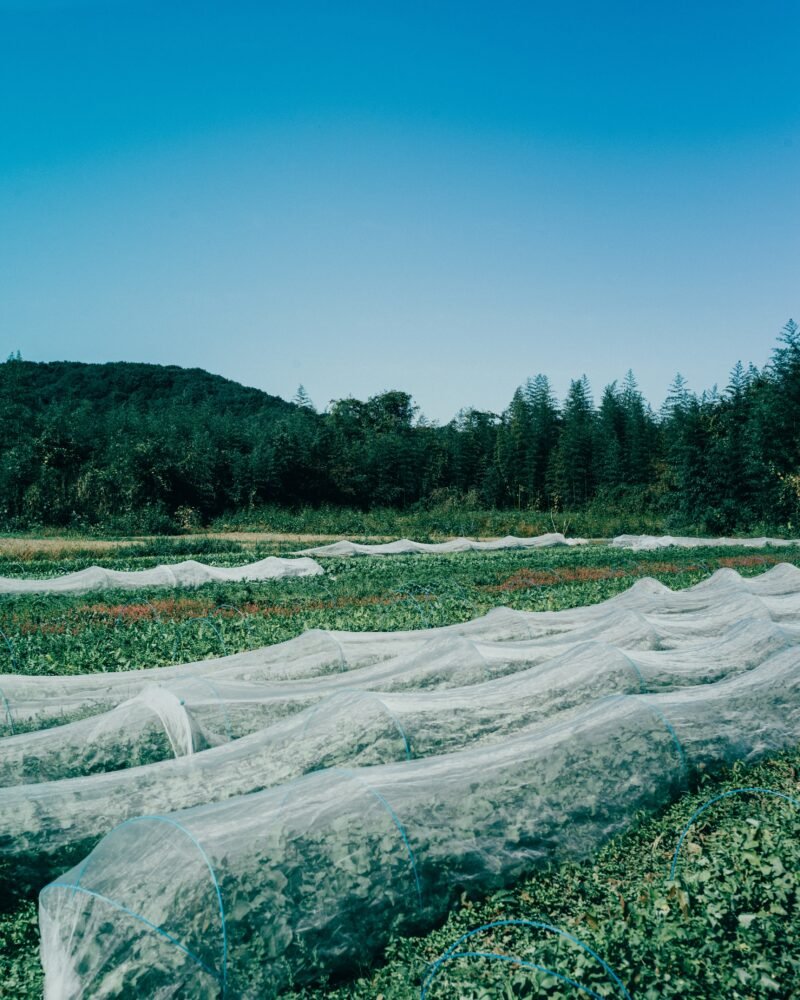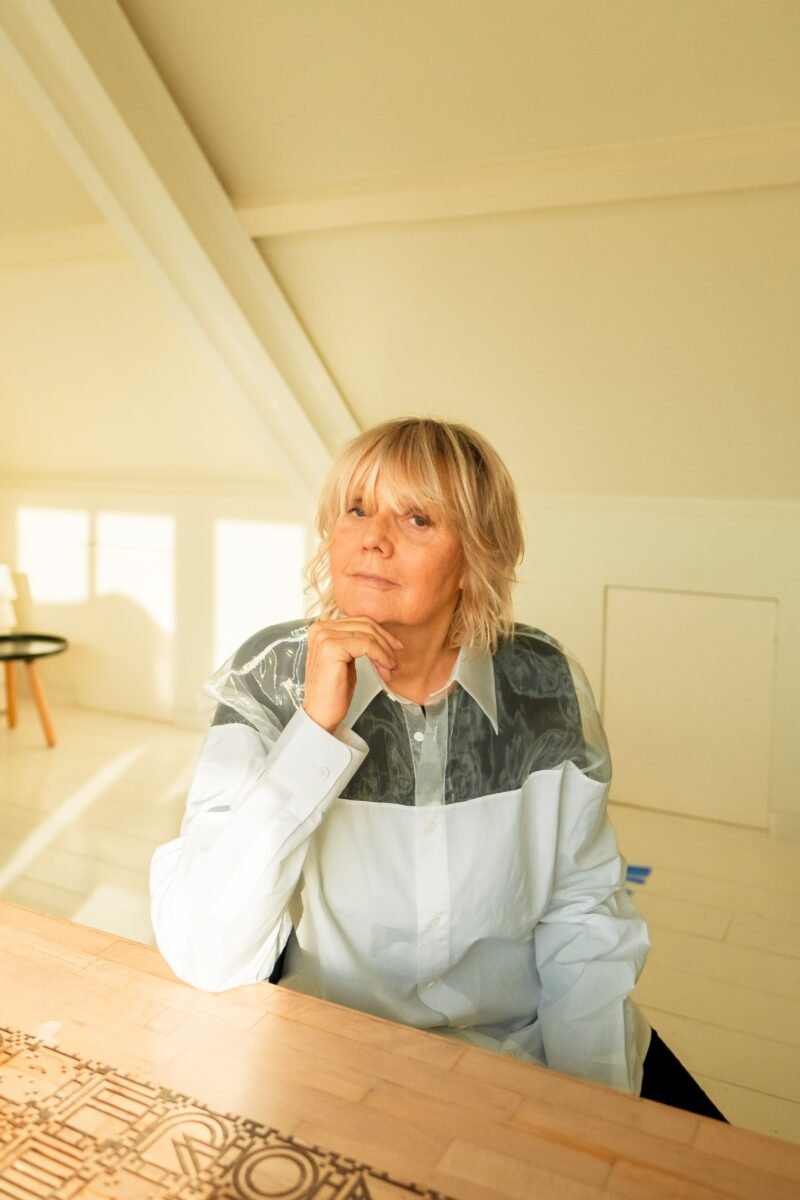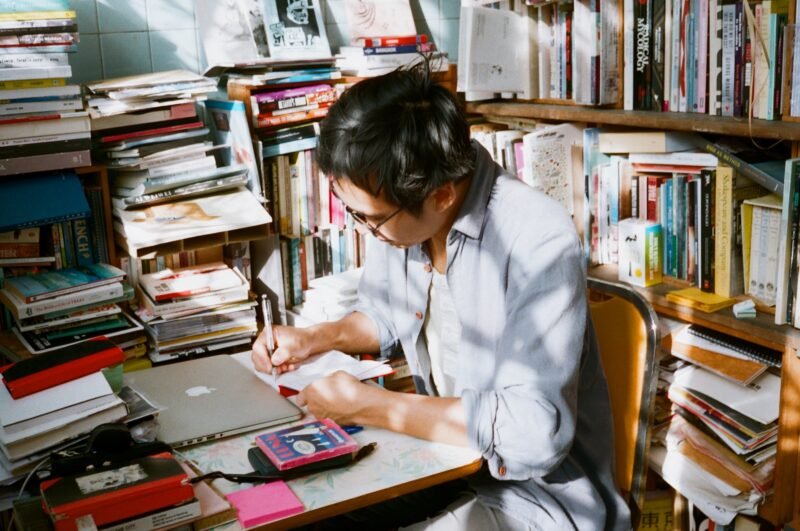Going Back to the Roots With Production in Rural Japan
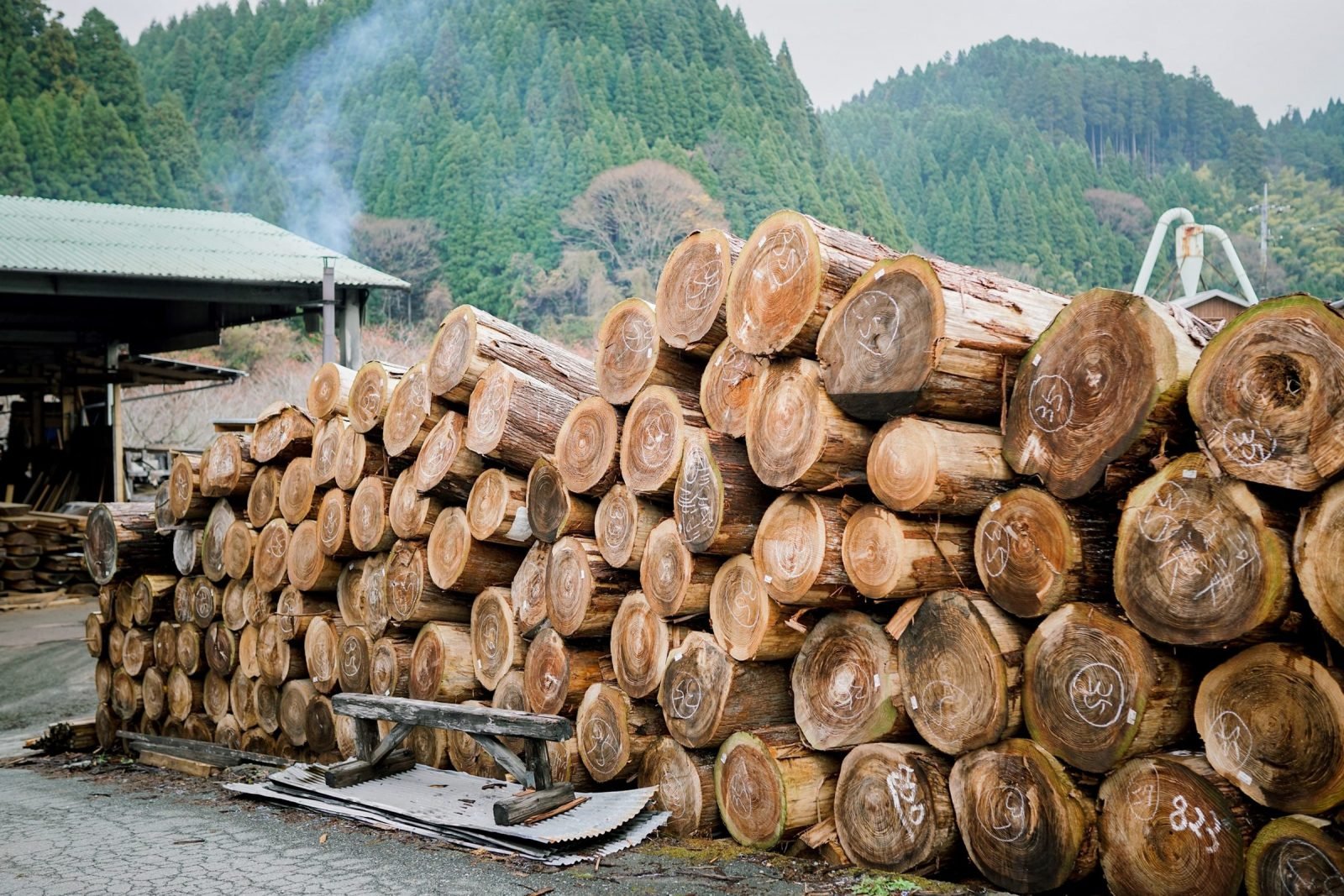
In Kumamoto Prefecture, just north of Mount Aso and its magnificent caldera, lies the town of Minami-Oguni. Known for its hot springs, the town is spread out on a wide plateau surrounded by mountains. The town built a fab lab here in 2017. With a population of just 4,000 people, the number of public facilities in this town is obviously limited. So what brought a fab lab, something that is usually found in cities or universities, to this little town?
MOMENT sat down to talk with Mizuki Suzutani, the lab’s fab master, and Shunsuke Anai, the third-generation president of Anai Wood Factory and also the president of Foreque Inc. which operates Fab Lab Aso Minami-Oguni.
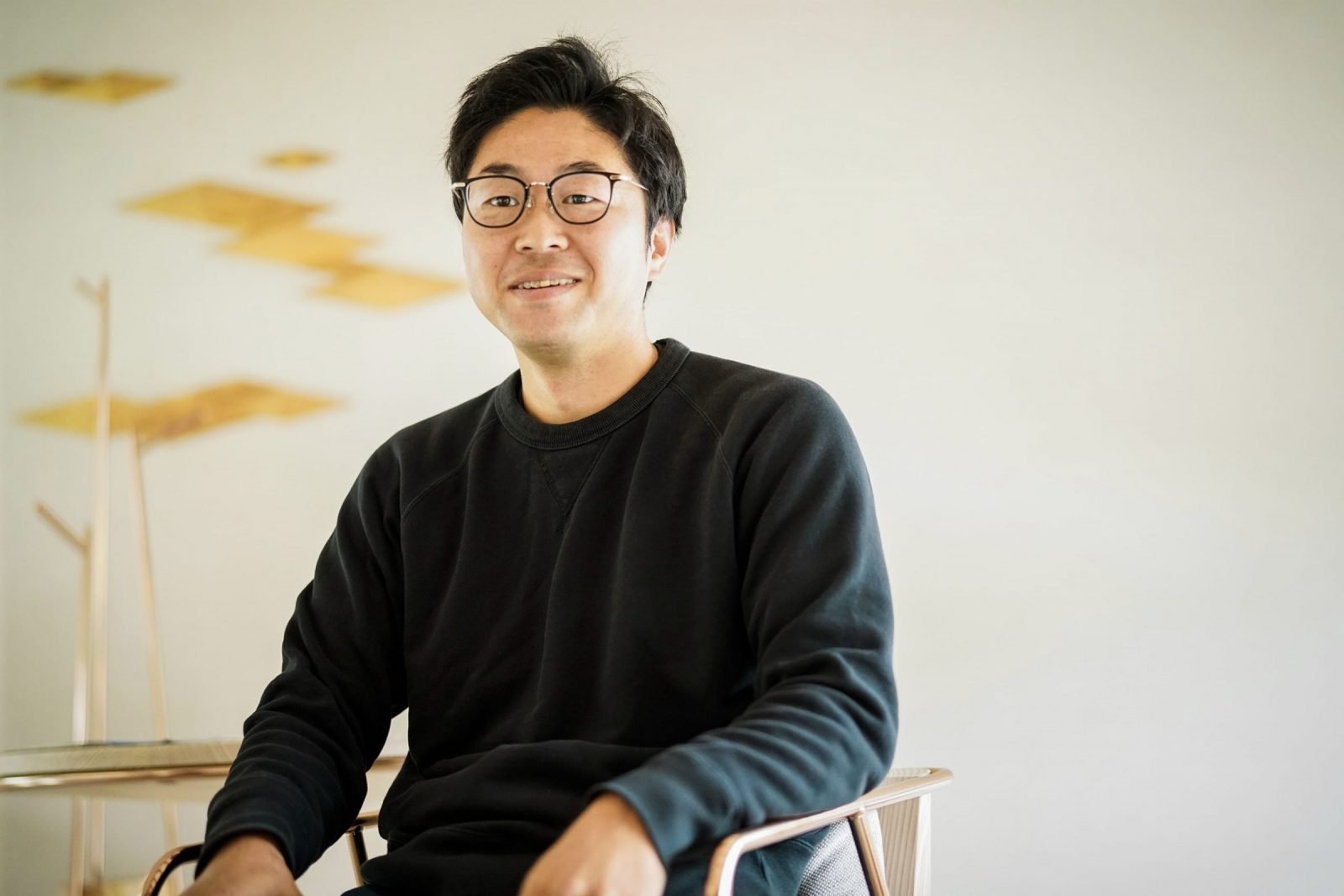
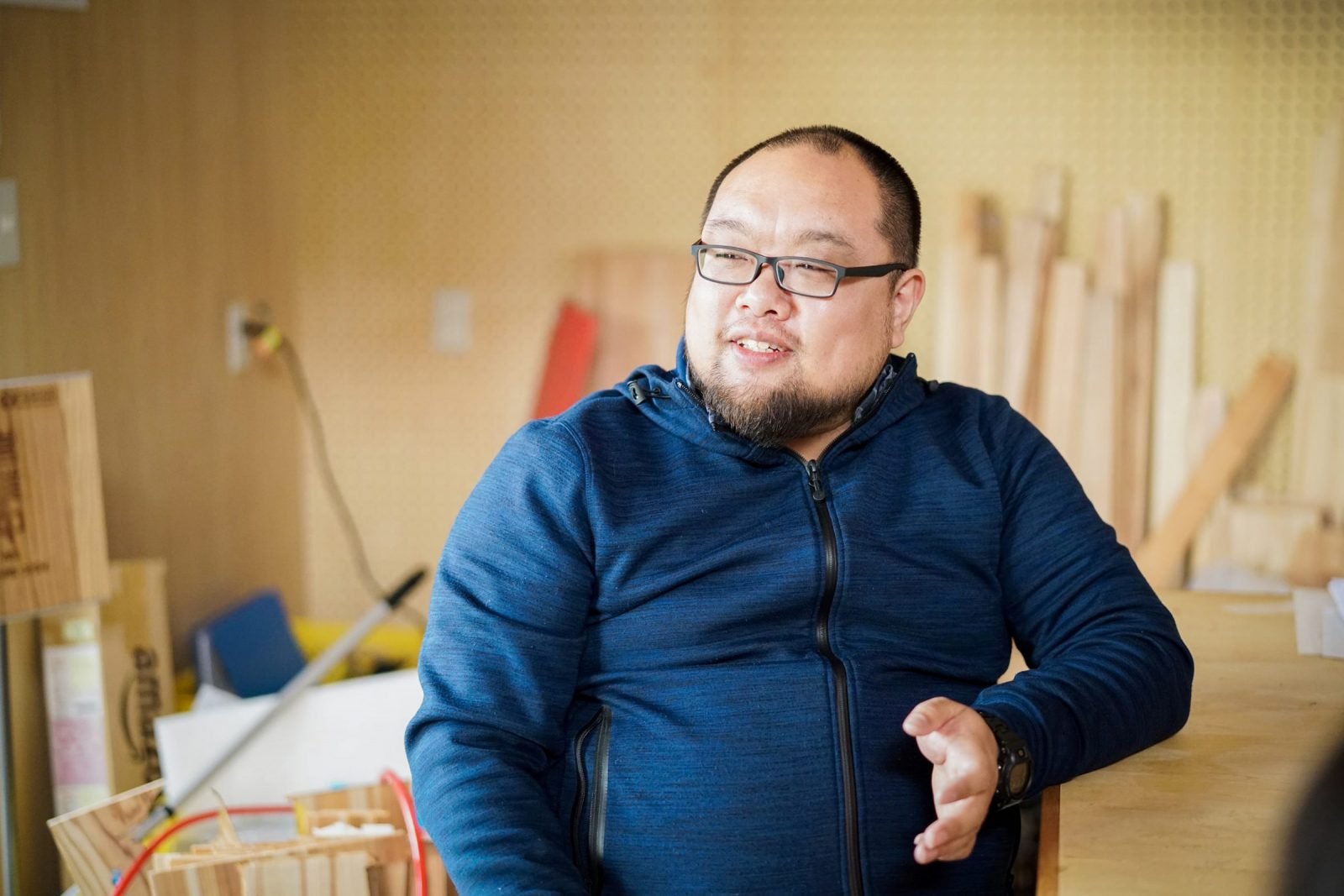
Creating a New Industry With Oguni Cedar
“This is probably the most inaccessible fab lab in Japan,” Suzutani said as he welcomed us. Considering that it’s more than an hour-and-a-half drive from any major cities nearby, it was difficult to argue otherwise, even out of politeness.
This specific Fab Lab was built with the intention of developing new products with Oguni Cedar, a locally prized resource. Oguni Cedar is a fine-grained, high-quality wood, known for its lustre, texture and beautiful pink colour. The Fab Lab is affiliated with a shop called the FIL Store which sells tableware and furniture, from wooden plates and cups to tables, lounge chairs, and coat hangers, all made by Foreque Inc. under the FIL brand. All the products are made from Oguni Cedar, and their hallmark is the way in which the grain of the wood is incorporated into their design. Suzutani explains that the products symbolise the way the industry has changed over time.
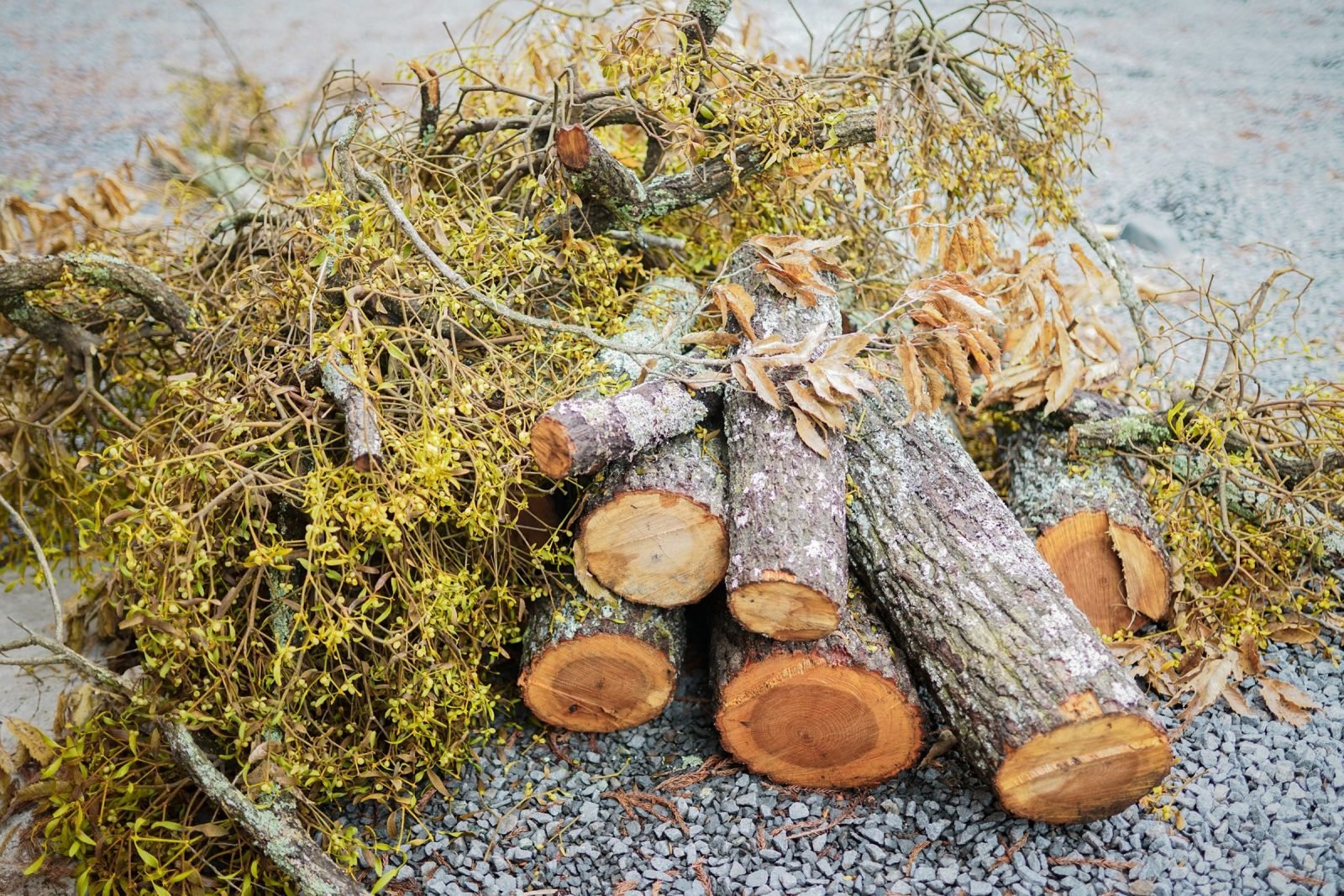
“During our grandfathers’ time, they made a profit just by producing logs. During our fathers’ time, they made a profit by producing lumber. But these days, lumber doesn’t get you anything. So we have to seek out the next stage, beyond lumber. That is exactly why it’s so important for towns, no matter how small, to have the ability to create something like this Fab Lab.”
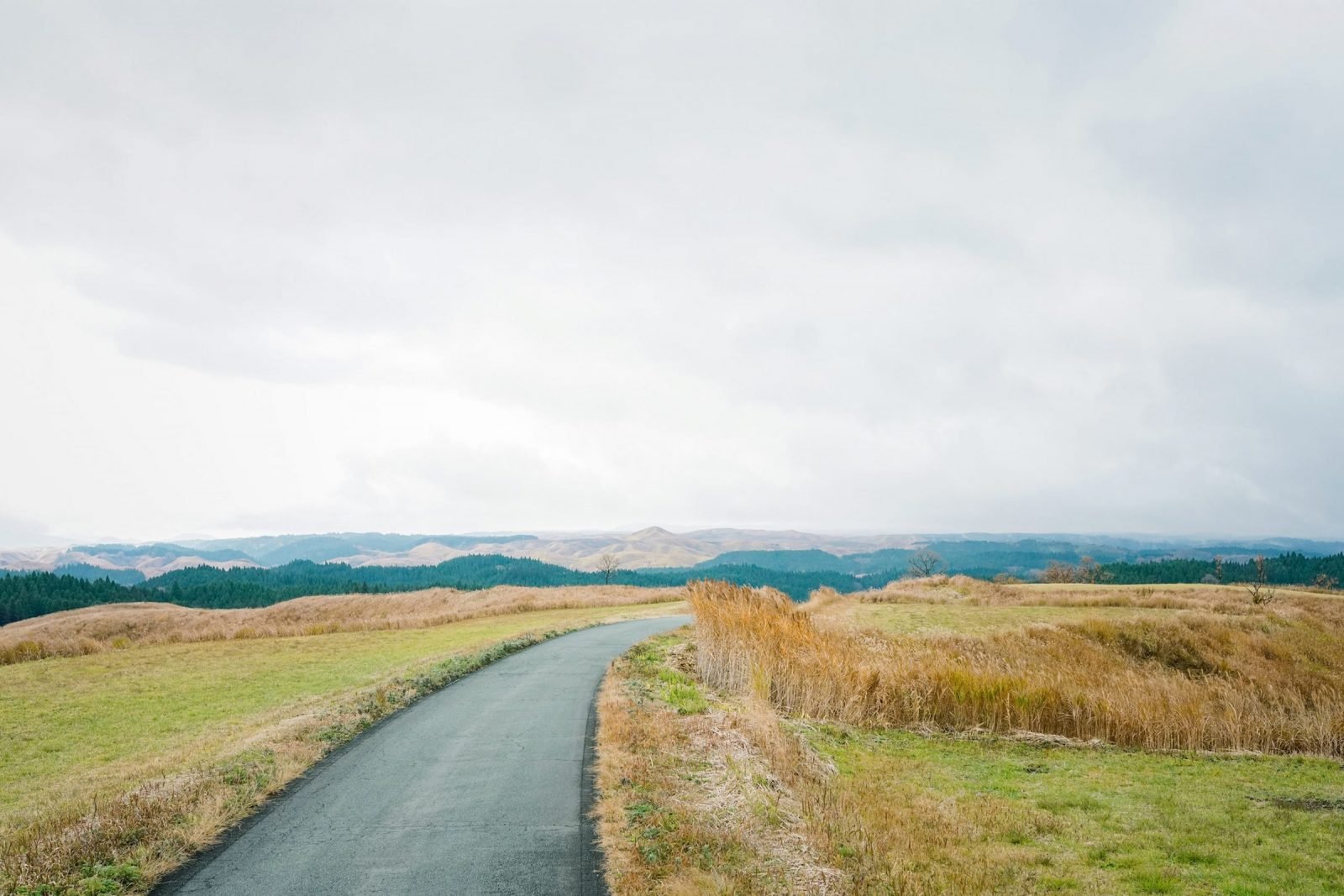
Incorporating Resources Into the Regional Ecosystem
Fab Lab Aso Minami-Oguni is filled with machine tools such as laser cutters and 3D printers. Even the former Seiwa Elementary School, which now serves as one of their bases, is set up with a large CNC Router Shopbot, currently one of only two in Kyushu. There are students who come all the way from other prefectures just to be able to work with large pieces of wood. However, the Fab Lab’s mission encompasses more than just supporting creators.
One project that Foreque Inc. developed, even before they established the Fab Lab, is creating aromatic oil from cedar. Thinning the woods is vital for helping cedar trees to grow, but it’s unprofitable as well as a burden for lumberjacks. Rather than simply throwing away the leaves and branches, they wanted to see if they could create a business out of the ‘waste’. The aromatic oil was a result of several trials.
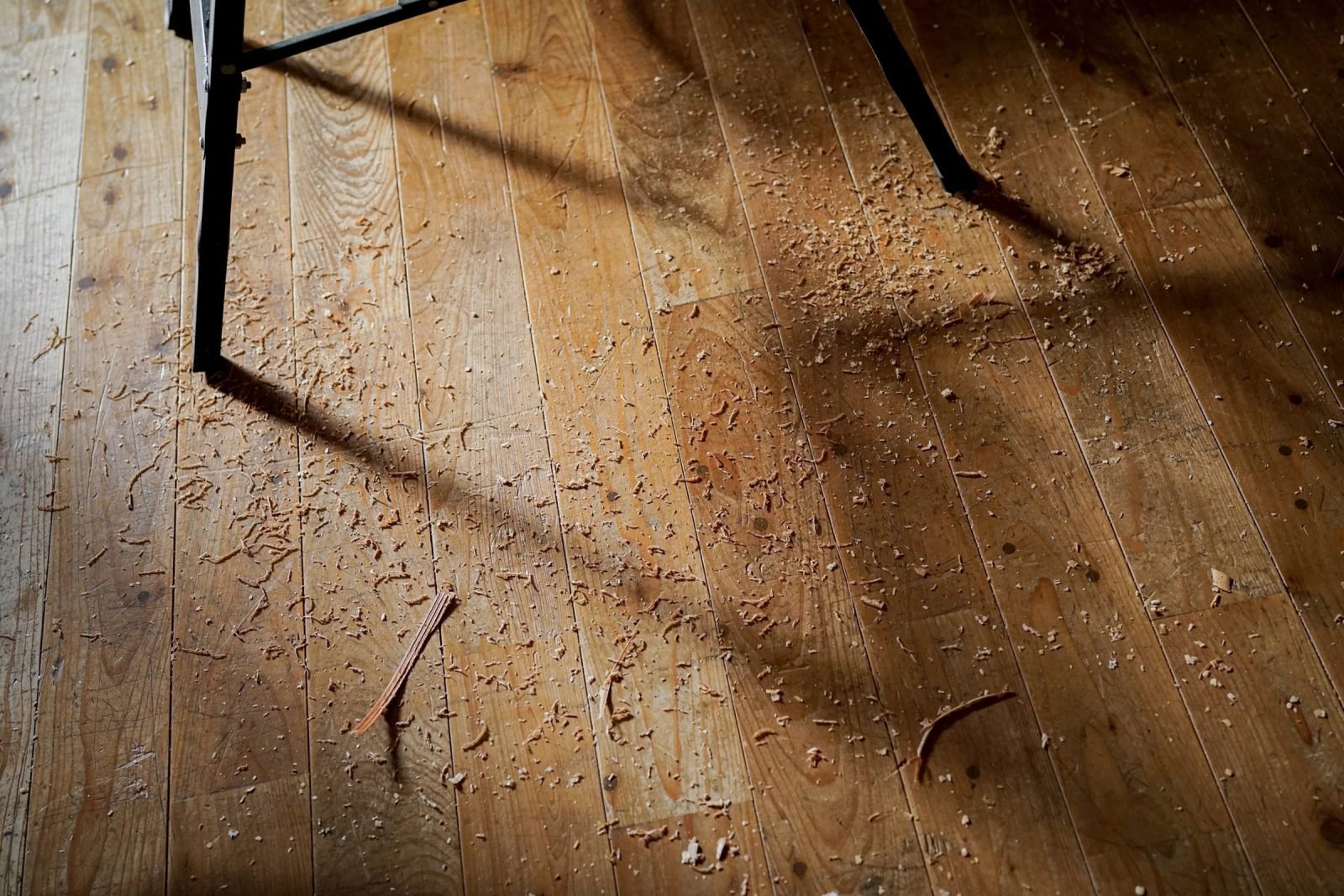
Another idea was to take wood chips, a by-product of woodcutting, to nearby barns and to spread them down on the ground to form a natural cushion for the cows. Through these kinds of endeavours, Fab Lab Aso Minami-Oguni has become the main driver in incorporating Oguni Cedar into the regional ecosystem.
In the Future, Will You Be a Civil Servant, a Farmer, or a YouTuber?
Fab Lab Aso Minami-Oguni attracts all kinds of people, from housewives who want to engage in craftwork, to newcomers to the village working on ambitious projects. But according to Suzutani, they expend their biggest efforts on primary school and junior high school students, aged 6 – 15. “Rural towns like this do not have many places for children to safely go and play on their own. Because of that, many of them go home after school just to play games on their phone for hours. You could even say that smartphones are their only connection to the outside world.”
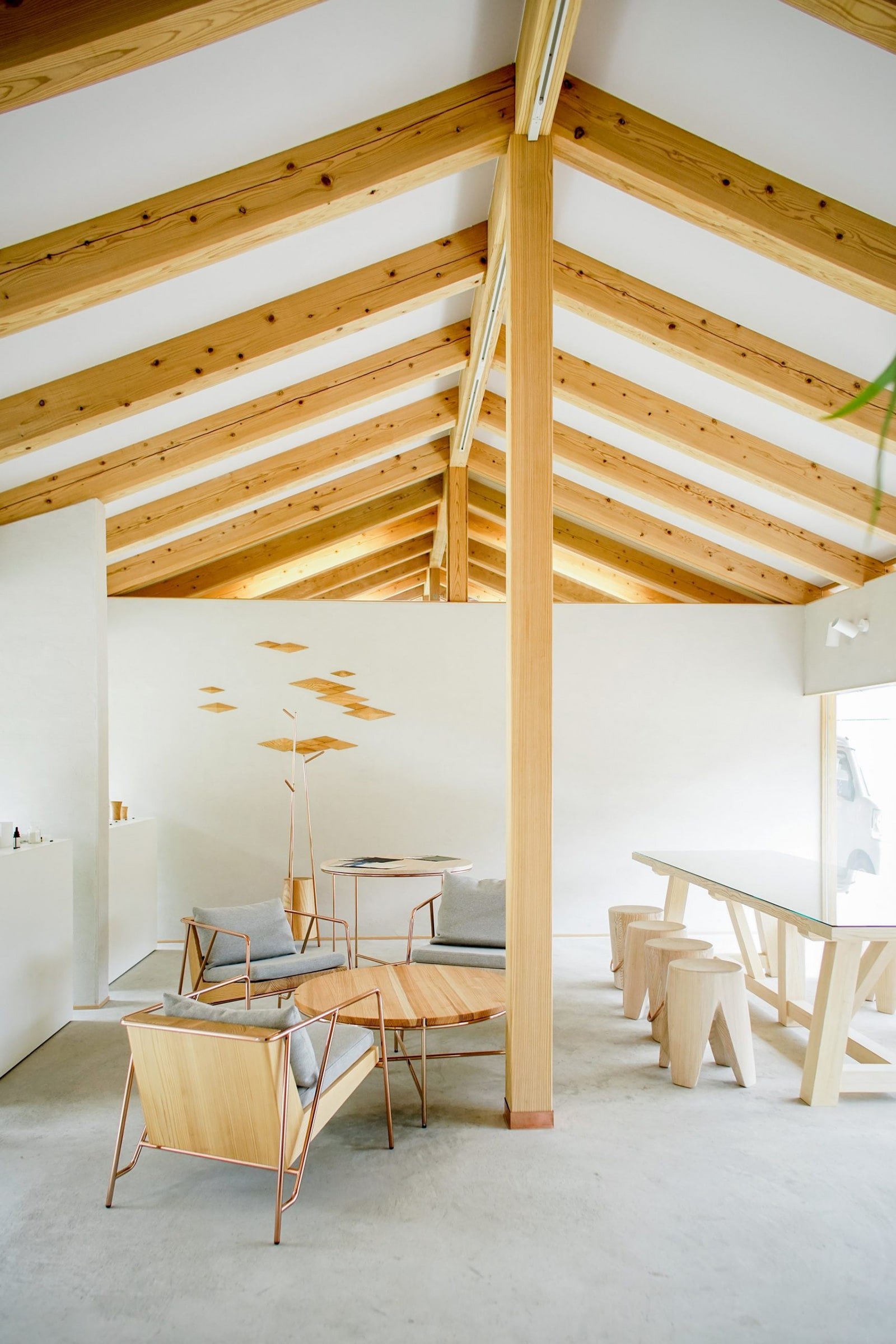
There are many local children who have only played with plastic toys and don’t even know what wood smells like. And like any child, what they see every day influences how they imagine their own future. “There are three types of adults that these children see in this town. Firstly, there are civil servants who work in public offices. Secondly, there are farmers who have other jobs for their primary income. What do you think is the third type? YouTubers. On their phones. Of course, I don’t want to tell children that they shouldn’t become YouTubers. But these three occupations are polar opposites. I just wonder if there is not anything in between,” Suzutani laughs.
Children in these towns never see businessmen, let alone makers. The Fab Lab is thus a place where these children can both encounter adults who are creating new things and create things themselves. Of course, children are not the only ones who need or crave such places. “Those who can express their thoughts and feelings with words or music are fine. But there are also people who cannot convey their thoughts and feelings unless they create a physical, tangible object. This place is a refuge for people who can only express their ideas with forms.”
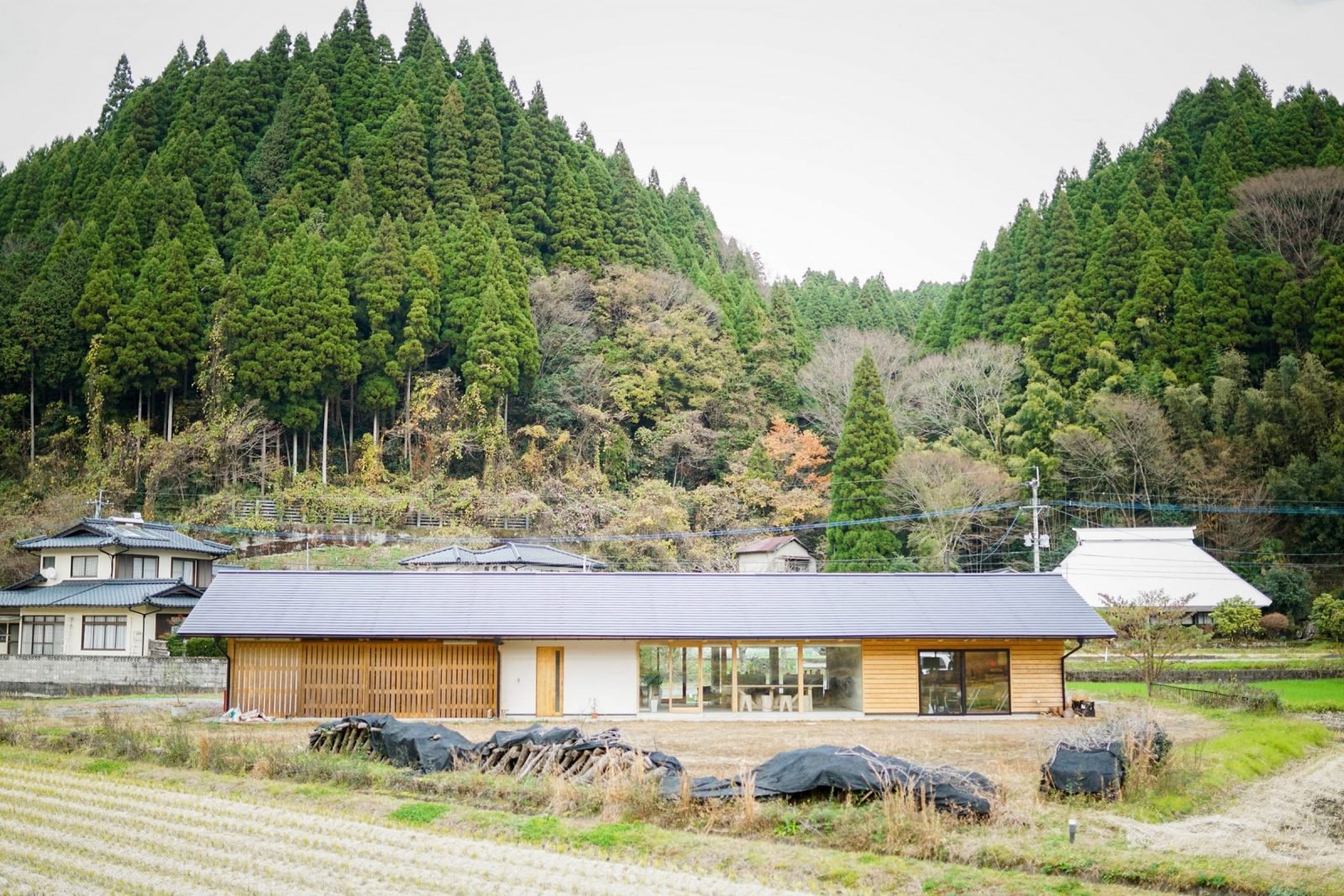
Planting Seeds for Generations Beyond
In Minami-Oguni’s heyday, the town had as many as 40 sawmills. Today, there are only two left. The number of forestry workers falls every year. But there is still some hope in this little town, as some people who can run the forestry cycle as well as crucial infrastructure, such as forest roads, still remain.
The nature around us not only influences our lives today but also our outlook for the future. The life cycle of mountains and forests is very long. Time and money invested in forestry do not bring instantaneous profit: it takes approximately 60 years for a tree to grow strong enough to become lumber.
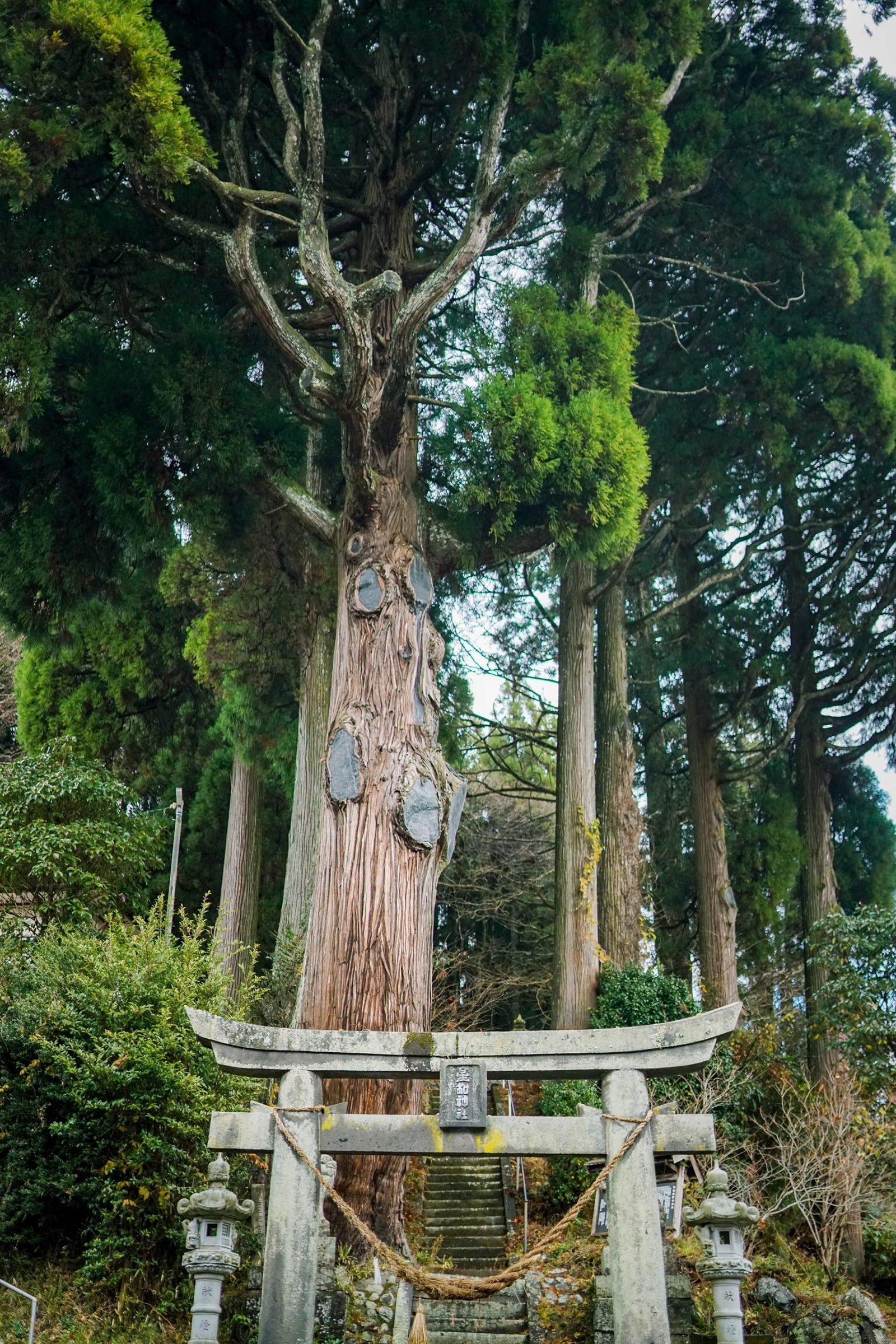
“I’m able to live off wood today because my grandfather planted trees for us. I am planting trees today so that my grandchildren and the generations to come could live off wood too. But unless we do something about the situation, there will be no one to succeed us. That is the reason why we created the Fab Lab: to plant seeds and to envision the future together with our children, the generation to come.”
